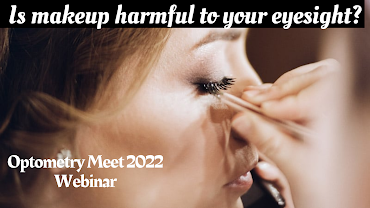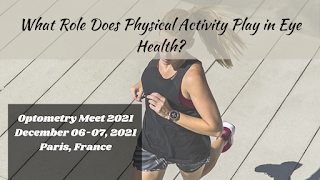Do you know in which part blood doesn’t flow in human body?
The cornea is the
transparent front part of the eye that covers the five different layers of the
eye portion. The cornea acts as the eye's peripheral lens. Cornea
helps to remove the dust, germs and other harmful objects. It helps not to flow
the ultraviolent rays into the eyes. The cornea contributes 65- 75 percent of the eye's total focusing
power. When light strikes the cornea it reflects back and does not allow the
light flow to affect the vision of eye.
Cornea helps to
determine the objects in a focused manner. If your cornea is damaged by
disease, infection, or an injury, the resulting scars can affect your vision.
Cornea damage leads to the blindness worldwide. Swelling of the cornea is known
as Keratitis. Infection of contact lenses leads to Keratitis.
Some of the major decreases like Bullous Keratopathy, Cogan syndrome, and
Cornea ulcer arise due to the infection of the cornea and improper Hygiene of
eye. Dry
eye is one of the major disorders which happen due to the less count of
Tears in eye.
One of the problems
with contact lenses is that they reduce the oxygen supply from the outside.
Even with gas-permeable lenses, this can cause corneal neovascularization,
where blood vessels grow into the cornea. This problem is reduced or eliminated
by the newest silicone hydrogel lenses. As well as the cornea, other areas of
the body that don’t have blood vessels include hair, nails, tooth enamel and
the outer skin layers.




Comments
Post a Comment